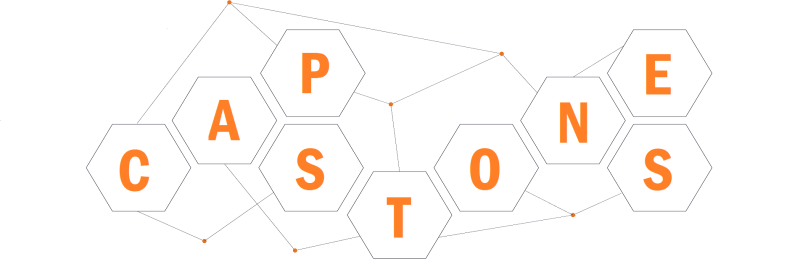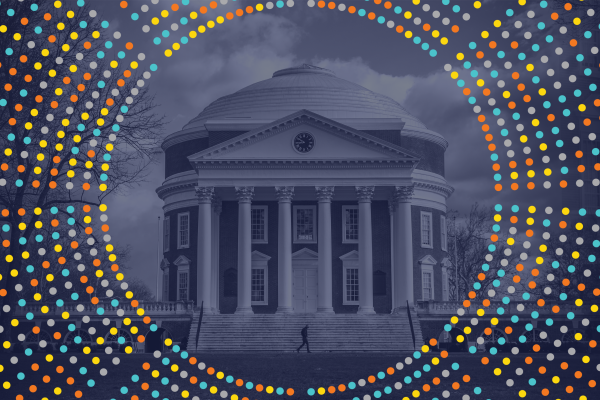
Datapalooza Presentations: 2:15PM EST
Every MSDS student must complete a capstone project throughout the MSDS program. Students work in groups, sometimes with different businesses or clients, to improve or solve a problem with data science.
“The capstone program is one of the primary ways that the School of Data Science engages with the community,” Claudia Scholz, the Director of Research Development at the School of Data Science said. “Students apply their data science knowledge to help solve problems in the real world. I’m always impressed by the diversity of domains where we can apply data science approaches: health, literature, business, management, the list goes on.”
During this session, our first graduating class from our online MSDS program presented their projects.
Moderator: Claudia Scholz, Director for Research Development, School of Data Science
Presenters & Projects:
-
Covid-19, from Molecules to Populations: Identifying Potential Therapeutics through Structure-Based Interactomes and Patient Health Outcomes (
Brooke Williams,
Cory Yemen,
Kevin Lennon)
- We are identifying potentially effective therapeutics by comparing patient health outcomes based on two factors. We evaluate a therapeutic's potential based on both their effectiveness across a large sample of patients given the patients' expected outcomes and the molecular binding propensity of the therapeutic to one of the binding sites on the 29 different Covid-19 proteins.
-
U.S. Presidential Election Forecasting (
Ben Rogers,
Spencer Marusco,
Chad Sopata,
Matt Thomas)
- Our goal is to study different methods of predicting the US Presidential Elections to learn more about what methods work. From there we are working on creating our own model to predict the election.
- Measuring Infrastructure Damage with Satellite Imagery (
Jordan Bales, Will Carruthers)
-
We intend to apply machine learning to the problem of infrastructure damage. These problems generally arise after a natural disaster has occurred. Utilizing satellite imagery alongside deep learning we intend to create a model to identify infrastructure damage for an end user.
-
-
Using Twitter to Understand Public Attitudes Towards COVID (Jae Hyun Lee, Cullen Baker, Jason Lwin)
-
Twitter is one of the world's biggest social media platforms where users openly share their posts. Our project aims to classify tweets related to COVID-19 using sentiment analysis and explore public insights towards any pandemic-associated topics with word embeddings.
-
- Presidential Speeches (Kevin Finity, Ramit Garg, Maxwell McGaw)
- We built a novel corpus of 2020 U.S. presidential campaign speech transcripts using the YouTube API. Using a variety of text analytics techniques, we explore this dataset for distinguishing characteristics.

